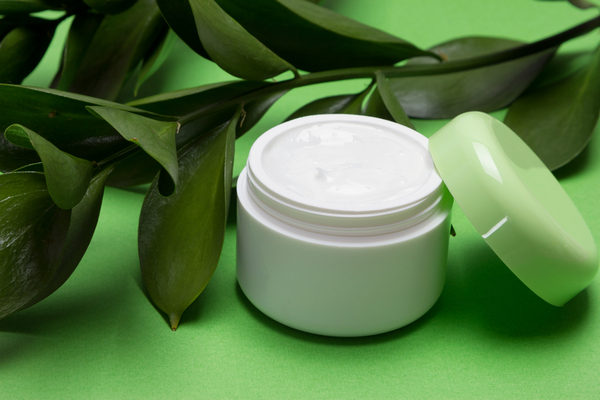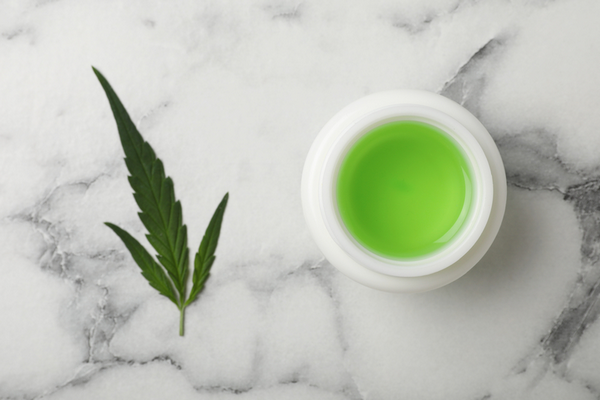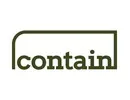Indoor Ag is penetrating new sectors to make life more sustainable, accessible, and clean. One of the ones to watch, proving to be a future hot spot for Indoor Ag, is the cosmetics and beauty industry. According to Statista, revenue in the Beauty & Personal Care market amounts to US$534.00bn in 2022, and the market is expected to grow annually by 5.86% (CAGR 2022-2026).
Indoor ag and cosmetics
High-demand ingredients in cosmetic and beauty products we use every day include high-value crops; a product like mint retails for five times that of a lettuce mix on the high-end retail platform Good Eggs, for instance. Herbs, hemp, and herbal oils are among some of the most common and demanded ingredients in cosmetics and beauty. Many can be grown in indoor environments anywhere in the world. For an industry that continues to struggle with profitability, higher-priced, more specialty crops have long been an attractive potential market.

Pogrebkov | Dreamstime
For example, Polish startup Vertigo Farms says it has become the first in Europe to utilize a vertical farm to grow and produce for the beauty industry. Working with Contain, vendor Netled, the husband-and-wife
owned company developed their farm remotely during COVID and began commissioning the farm in 2021, according to a blog post from Netled.
Skincare brands are picking up on the trend also. Ulé is a skincare brand powered by 100% local vertical farming and spearheading the potential of the two industries merging. Marlo hydroponic skincare, a clean beauty company, based entirely on hydroponics, developed
a key ingredient, Super-Lycopene Hydrosol, which is derived from hydroponically grown tomatoes. It's a pure and potent form of lycopene, making it a powerful antioxidant with anti-aging skin benefits.
"Clean beauty" is becoming the norm in the cosmetics and skincare industry; leading retailer Sephora launched its clean beauty initiative in 2018 and updated it to more stringent requirements last year. Today, the clean beauty market is set to dominate the billion-dollar beauty and skincare industry in 2022, estimated to reach $22 billion by 2024 (Statista).
Market research firm Nielsen describes clean beauty as "consumers are looking for "bad" ingredients to be eliminated ("better for me") and for companies to do "good" for the planet ("better for we")." Today, consumers want to know where their products are being sourced and the standards to which they are being sourced. Many cosmetics and skin care ingredients come primarily from tropical regions where the environment is delicate and human rights less respected, and indoor
ag allows for better tracking of the path that ingredients take to the consumer.
The demand for highly sustainable and environmentally friendly products has accelerated the production and sale of specifically organic beauty products. A 2021 study from Nielsen defined "organic" as the largest trend in beauty products, up 93% over the past four years, whereas more generic terms, like "natural" (-25%), were falling in popularity.
"The court ruling allowing the USDA to grant organic certification to hydroponic crops will stand, the U.S. 9th Circuit Court of Appeals ruled on Thursday." - FoodDive.
While many hydroponic growers are not currently organic certified, the latest court ruling may bring more indoor ag growers to organic certification, creating a larger space within cosmetics. When cosmetics brands collaborate with indoor growers, they offer very attractive benefits of indoor-grown ingredients to consumers, like more sustainability, no pesticides, certified organic, easy traceability, and greater adaptability.
 Chernetskaya | Dreamstime
Chernetskaya | Dreamstime
The hemp effect
Hemp CBD is a booming product amongst cosmetics and the niche industry of cosmetics "topicals." Hemp is used by companies as big as Loreal to startups. Hemp touts the benefits of moisturizing without clogging pores, being a powerful source of antioxidants, and possessing anti-inflammatory properties when used in cosmetics - making it a new industry staple.
The global industrial hemp market size was estimated at USD 4.13 billion in 2021 and is expected to grow and restabilize at a compound annual growth rate (CAGR) of 16.8% from 2022 to 2030, partly driven by the growing demand within personal care products according to Grand View Research.
Hemp is a resilient crop, grows quickly, and is an annual plant that takes around 90-120 days to mature, meaning you can grow multiple cycles throughout the year. As ever with indoor ag, there will be bumps in the road. Some cosmetics crops have yet to be proven in indoor systems, involving biological and operational challenges to master. Supply chains can be sticky, especially for those looking to sell to large companies. The time and resources involved in overcoming such issues mean high capital costs. While some have a
harder time finding success in the cosmetics space, we anticipate that indoor farms will start to penetrate this industry and see a lot of growth as the demand for clean, more sustainable natural ingredients will be here for the long haul.
To learn more about how you can become an indoor grower or to find financing resources within the industry, contact the Contain.ag team.

For more information:
Contain Inc.
Nicola Kerslake, Founder and CEO
www.contain.ag
